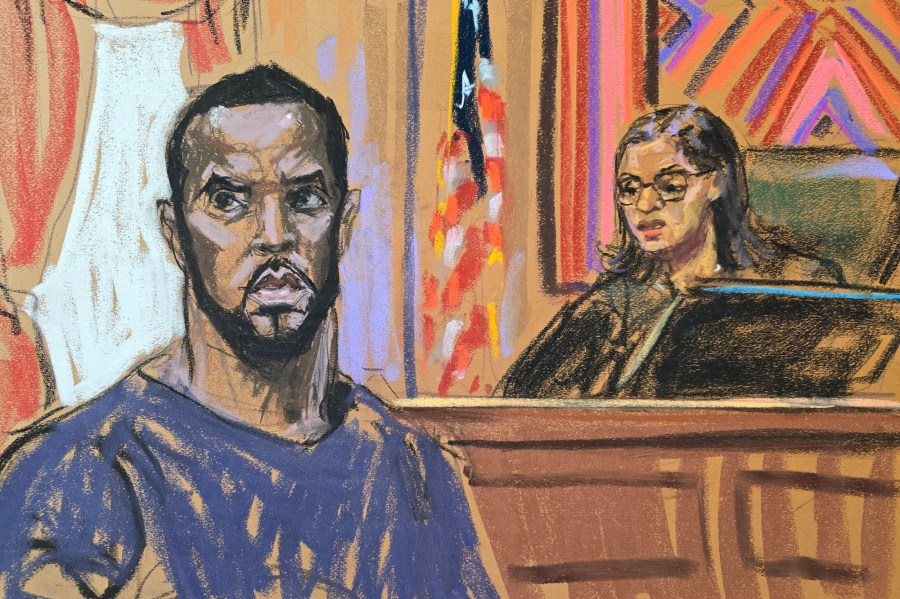When music mogul Sean “Diddy” Combs was arraigned Tuesday on three federal felony charges, including a wide-ranging racketeering conspiracy dating back to “at least” 2009, the first question I was asked was, “What took so long?”
The question that remains on my mind is perhaps even more cynical: Why should we expect prosecutors to get this one right? After all, Jeffrey Epstein and Harvey Weinstein — like Combs — were prosecuted in New York, and their sex crimes prosecutions experienced critical delays and derailments.
In Epstein’s case, he was not indicted in New York until 2019, more than a decade after reaching a secret, sweetheart deal in Florida that allowed him to resume his pattern of rape and sexual abuse of minors before his arrest. He died by suicide in jail while awaiting trial in 2019. As for Weinstein, his conviction was overturned last April by New York’s highest court, which held Weinstein’s constitutional rights were violated, among other reasons, by the testimony of women whose accusations against him were not part of the charges he faced. Weinstein, who has repeatedly denied any wrongdoing, pleaded not guilty on Wednesday to a new indictment with an additional sex crimes charge.
Barely 24 hours have passed since the Combs indictment was unsealed, but there are already indications that we should expect it to be handled differently.

For starters, by charging him with a racketeering conspiracy, prosecutors have put front and center that “Combs did not act alone,” as U.S. Attorney Damian Williams said plainly at a press conference announcing the charges on Tuesday. (Combs has pleaded not guilty to all the charges in the indictment.)
That was equally true of Epstein and Weinstein, each of whose alleged crimes were also facilitated and then concealed by a coterie of employees, publicists and friends.
But in Combs’ case, unlike in those cases, the feds have expressly alleged a conspiracy with the apparent goal of enticing Combs’ alleged co-conspirators — “security staff, household staff, personal assistants, and high-ranking supervisors” of his companies — to avoid their own criminal liability.
Second, the breadth and volume of the evidence in the Combs case, as disclosed by prosecutors to date, goes far beyond what we typically see in sex crimes prosecutions. Through a letter prosecutors sent on Tuesday arguing that Combs should not be released on bail as he awaits trial, we’ve learned that in addition to interviews of 50 victims and witnesses, as well as the devices seized in connection with Combs’ arrest, prosecutors now have:















